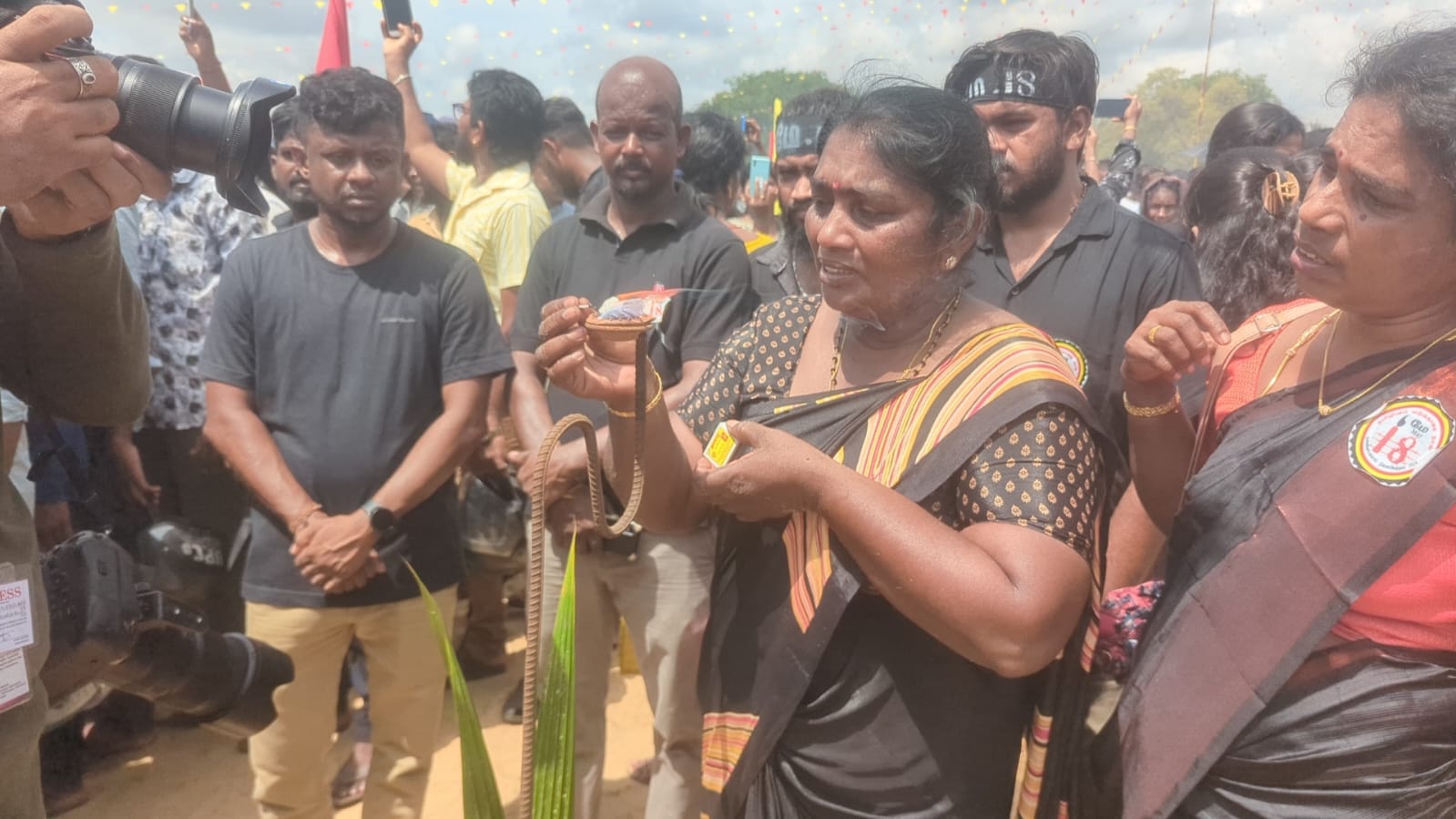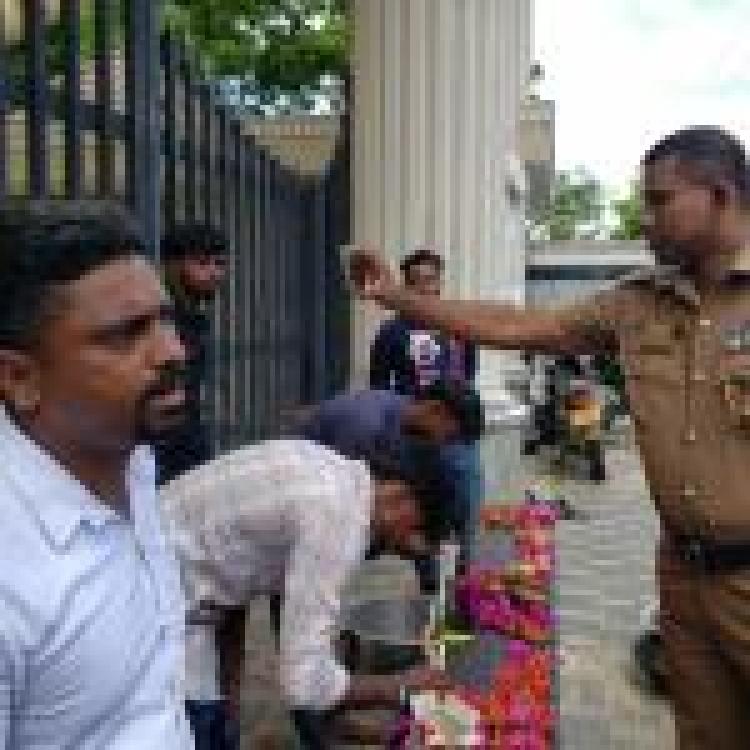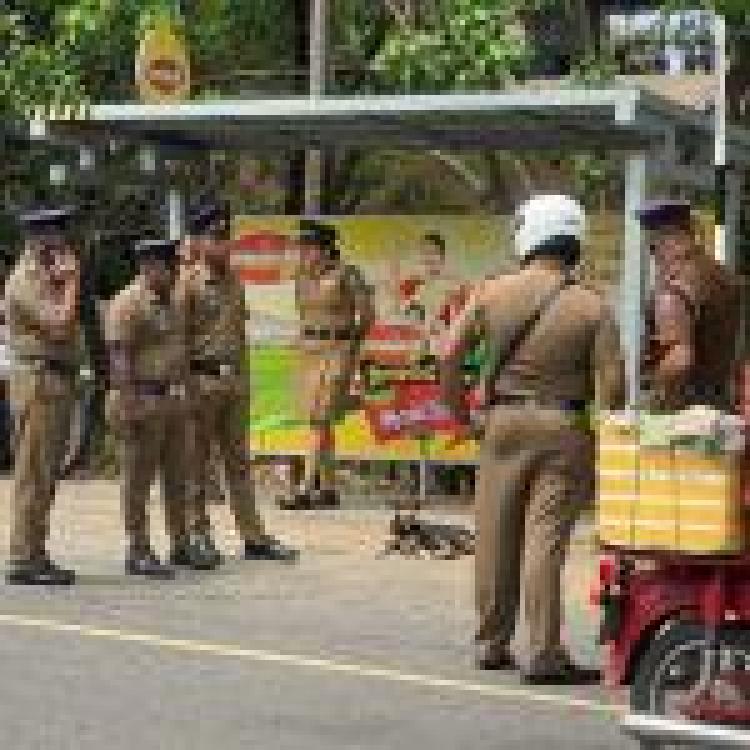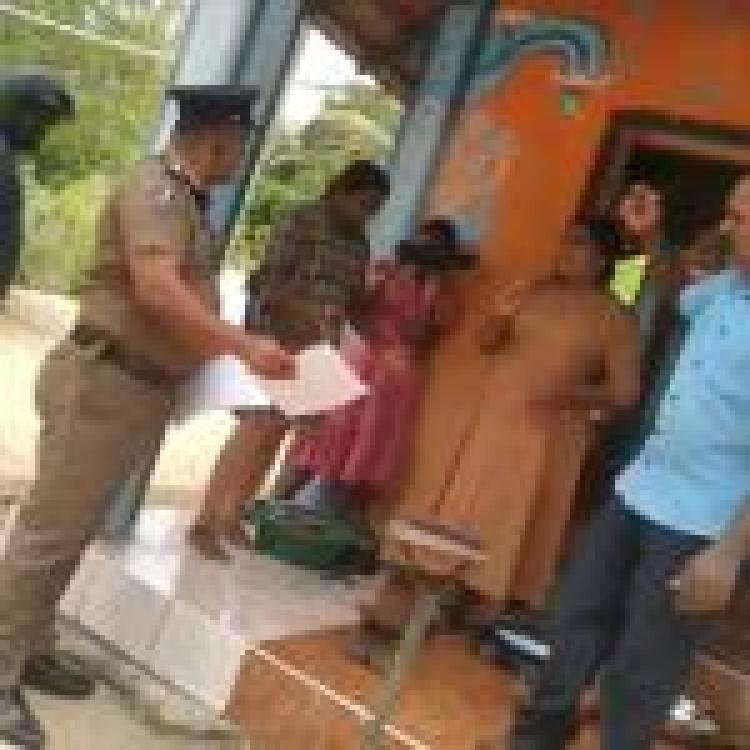
Following the 15th anniversary of the Mullivaikkal genocide, Human Rights Watch has issued a statement condemning the crackdown on memorials by Sri Lanka's security forces and called international prosecutions and other accountability measures to address tens of thousands of Tamils who were subject to enforced disappearances.
“The Sri Lankan government is in denial about atrocities its forces committed during the civil war, so it tries to silence victims and their communities instead of providing truth, justice, and reparations,” said Elaine Pearson, Asia director at Human Rights Watch. “It’s clear that more international action is needed to bring relief to victims and prevent a recurrence of abuses.”
The HRW report details how the Sri Lankan government cracked down on several memorials, including one in Trincomalee, in which four Tamils were arrested for serving "kanji". The serving of "kanji" during the anniversary of the genocide has become a tradition as it serves as a reminder of the starvation conditions Eelam Tamils were subject to during the final phase of the armed conflict.
In addition to arresting these individuals, Sri Lankan authorities also gained permission from the courts to prevent some relatives of forcibly disappeared and others protesters from attending events. This was supported by the Sri Lankan police who actively monitored processions and blocked people from reaching these memorials.
The Sri Lankan military stands accused of a litany of war crimes including the indiscriminate shelling of designated "no-fire zones", hospitals and engaging in summary executions. The International Truth and Justice Project estimating that as over as 169,000 people were killed during the final phase.
The statement also highlights the findings of the UN Sri Lankan Accountability Project, which was set up in 2021, and detailed that in 15 years, there has been no “tangible progress in realizing victims’ rights,” and therefore “there remains a real risk of recurrence.”
The statement concluded by calling on foreign governments and un agenies to "implement the report’s recommendations, including using all forms of leverage to press the Sri Lankan government to act, providing technical assistance for exhumations, pursuing prosecutions abroad under universal jurisdiction, and stricter vetting of Sri Lankan personal involved in UN peacekeeping operations”.
HRW's report also called on Sri Lanka to immediately carry out the UN report’s recommendations, including acknowledging the scale of enforced disappearances, pursuing prompt and credible investigations, seeking international technical assistance to investigate mass graves, establishing an independent prosecutorial authority, and repealing legislation that enables abuses, including the Prevention of Terrorism Act.
Read HRW's statement here.




